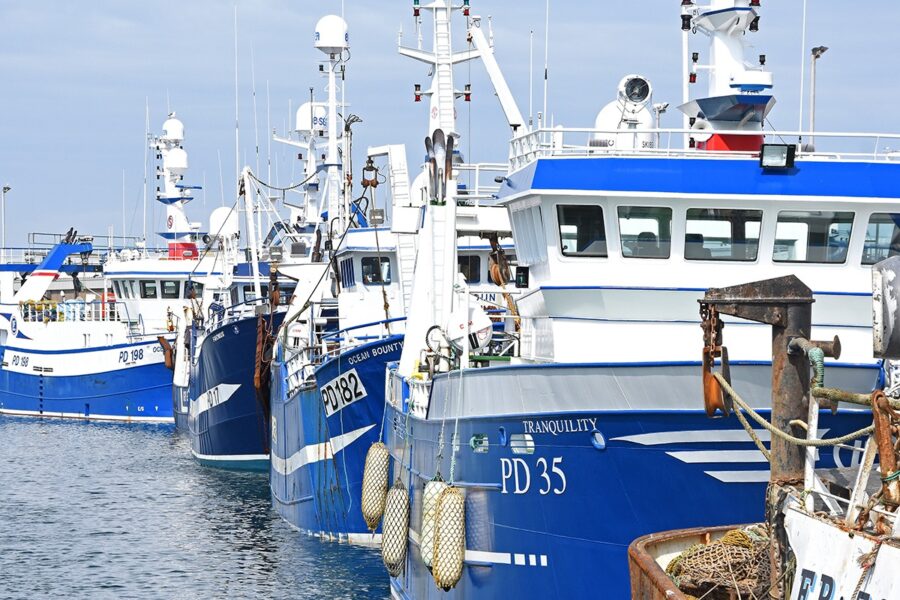Fisheries management shake-up in Scotland
Plans well advanced for major changes
The Scottish government has set out plans for major changes in the way the Scottish industry and fisheries are managed from next year onwards, reports Tim Oliver.
Changes under consideration include the introduction of TACs for some non-quota species, groups other than POs to have quota management responsibility, changes in the way any additional quota in 2021 is allocated, amendment of current economic link licence conditions, strengthening of regional inshore fisheries groups, a ‘joined up’ approach to spatial and mobile gear conflict, including revised management rules for gill-net and longline fisheries in Scottish waters, and proposals to support new entrants to the industry.
The Scottish government will also call for Scotland to lead on international negotiations where stocks are predominantly based in Scottish waters.
The proposals are the result of a national discussion on the future of fisheries management in Scotland launched in March 2019. The Scottish government has now published two papers setting out a direction of travel, ahead of the publication of its Future of Fisheries Management Strategy later this year.
One of the papers sets out the results of all the stakeholder discussions, and the other a discussion of the Scottish government’s plans for the future (see page 8 for a summary of the latter report).
The Scottish government says that determining the best ways to manage Scotland’s industry and fisheries in the future will be a long-term process, but in the short term, it has published its response to the discussion paper and the points raised by stakeholders, ‘providing a clear policy intent where appropriate’.
It will publish a strategy document later this year, setting out its overall approach and high-level objectives, which will reflect those in the UK fisheries bill, where relevant. It will also consult on individual policies and/or regulations.
Commenting on the reports and the progress of changes to Scottish fisheries management on a blog, fisheries secretary Fergus Ewing said there was ‘significant agreement’ on key issues.
He said that fishing matters ‘hugely’ to Scotland – economically, culturally and socially – and generates ‘huge economic value’, especially in coastal communities.
In 2019, the value of fish and seafood landed in Scotland was over half a billion pounds, with thousands employed directly in offshore, inshore and onshore sectors, and he wanted this to grow.
He called for a more resilient supply chain to be developed, for more people to choose a career in fishing, and for more opportunities to be created to process more of the Scottish catch in Scotland, while growing markets in the UK and internationally.
“To achieve all this, we need a clear strategy to manage our fisheries in the future,” said the minister.
“Work to develop that began last year with a national discussion paper and local engagement with a wide range of stakeholders to get their views and input on key issues.
“We will seek to maintain good relationships with the EU and other European fisheries nations, and we will continue to make the case for Scotland, as the biggest partner in fisheries in the UK, to lead on international negotiations where the stocks are predominantly based in our waters.”
Ensuring that fishing is sustainable will be ‘at the forefront’ of policies. “We are already rolling out remote electronic monitoring (REM) equipment on some vessels, and that will continue to help to increase accountability,” said Fergus Ewing.
He said there was also a need to attract more people to work in the fishing industry, to support them, and to encourage new entrants.
“I am also determined for our coastal communities to thrive, so we will progress action to ensure greater landings of catches of all fish species into Scottish ports, along with additional support for inshore fishers,” he said.
“We will also work to strengthen local management arrangements, involving more local fisheries stakeholders. We will also seek to apply greater transparency to how and why we make key decisions at all levels.”
Summary of Future of Fisheries Management report – see page 8 of this week’s Fishing News








